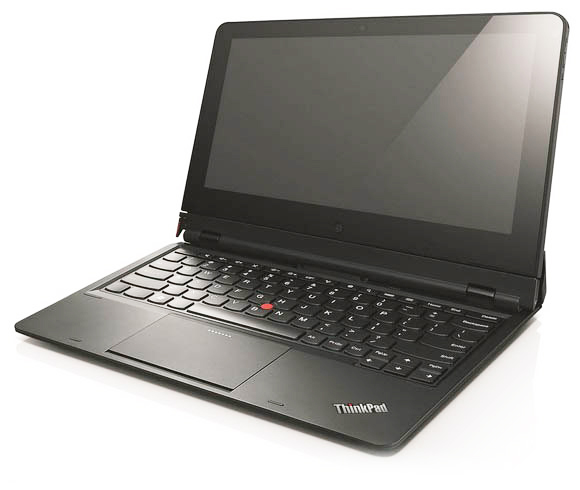Several Countries Ban Lenovo Products from "Secret and Top Secret Networks" on Concerns of Chinese Backdoor Access
Just after the UK made a fuss over Huawei’s involvement in and measure of control over the country’s cyber security evaluation centre (dubbed “The Cell”), word has broken that several Western nations are banning China-based Lenovo computers from secret and top secret networks for fear of backdoor spying.
Apparently, the ban was implemented years ago, in the mid-2000s, by agencies in Australia, the U.S., Britain, Canada, and New Zealand. According to the Financial Review’s sources, security researchers in Britain and Australia found that there were modifications to the circuitry inside some Lenovo machines that could allow someone to remotely access the computer without the user’s knowledge.

Lenovo Thinkpad, face of cyber espionage?
It’s impossible to tell what’s true and what’s not here. On the one hand, it seems pathetically xenophobic to ban Chinese devices for fear of spying; on the other hand, this is not exactly the first time that China has been roundly accused of cyber espionage, and further, if China were to spy on other countries, building in a simple hardware backdoor on its products and selling them to secret agencies would be a brilliant way to do it.
It seems that we’re seeing the fringes of a complex cloak-and-dagger situation here, and whatever the case, this is not good news. Another layer of intrigue? Lenovo acquired IBM’s PC business and sells machines to companies everywhere, and Lenovo now has a factory in the U.S.
Apparently, the ban was implemented years ago, in the mid-2000s, by agencies in Australia, the U.S., Britain, Canada, and New Zealand. According to the Financial Review’s sources, security researchers in Britain and Australia found that there were modifications to the circuitry inside some Lenovo machines that could allow someone to remotely access the computer without the user’s knowledge.

Lenovo Thinkpad, face of cyber espionage?
It’s impossible to tell what’s true and what’s not here. On the one hand, it seems pathetically xenophobic to ban Chinese devices for fear of spying; on the other hand, this is not exactly the first time that China has been roundly accused of cyber espionage, and further, if China were to spy on other countries, building in a simple hardware backdoor on its products and selling them to secret agencies would be a brilliant way to do it.
It seems that we’re seeing the fringes of a complex cloak-and-dagger situation here, and whatever the case, this is not good news. Another layer of intrigue? Lenovo acquired IBM’s PC business and sells machines to companies everywhere, and Lenovo now has a factory in the U.S.

